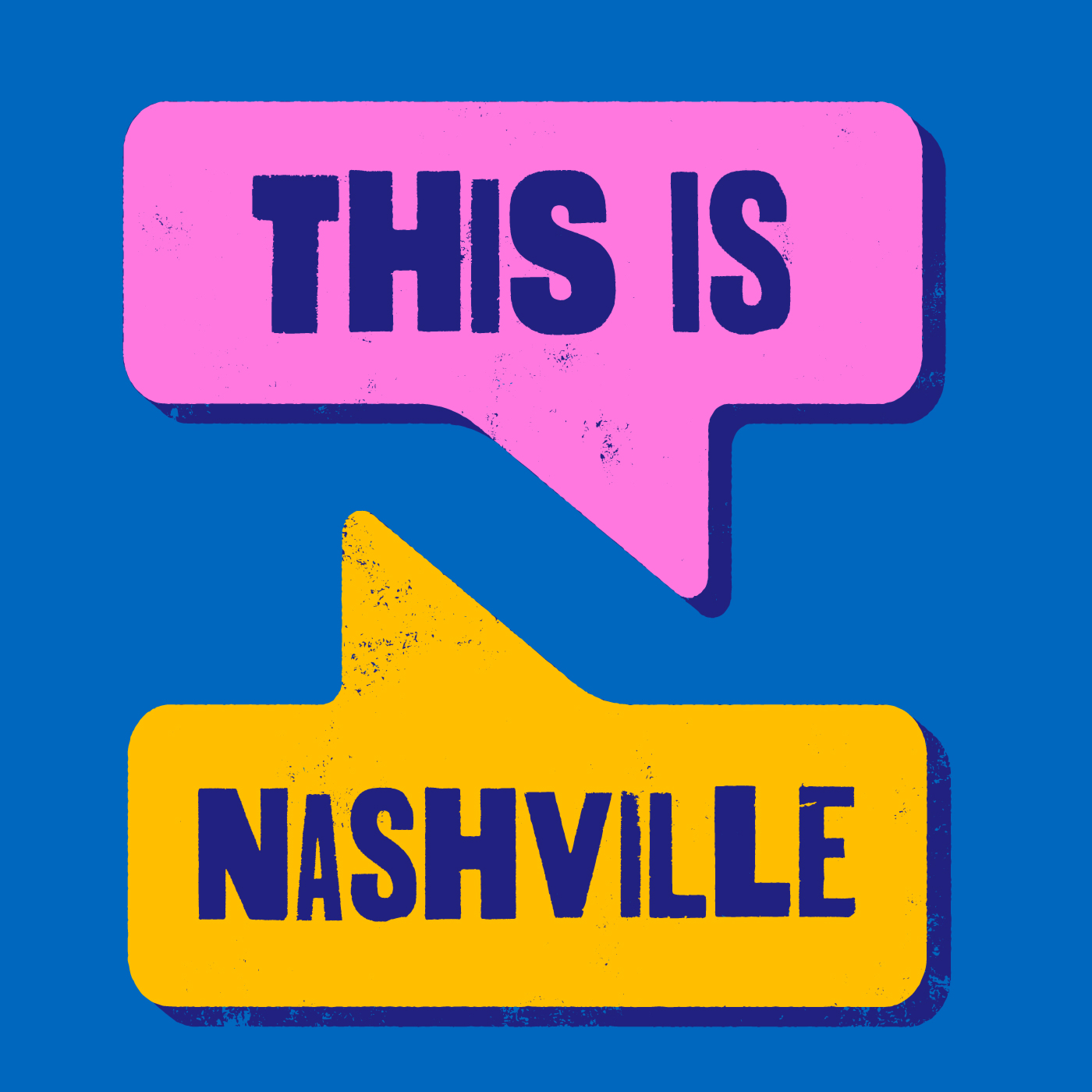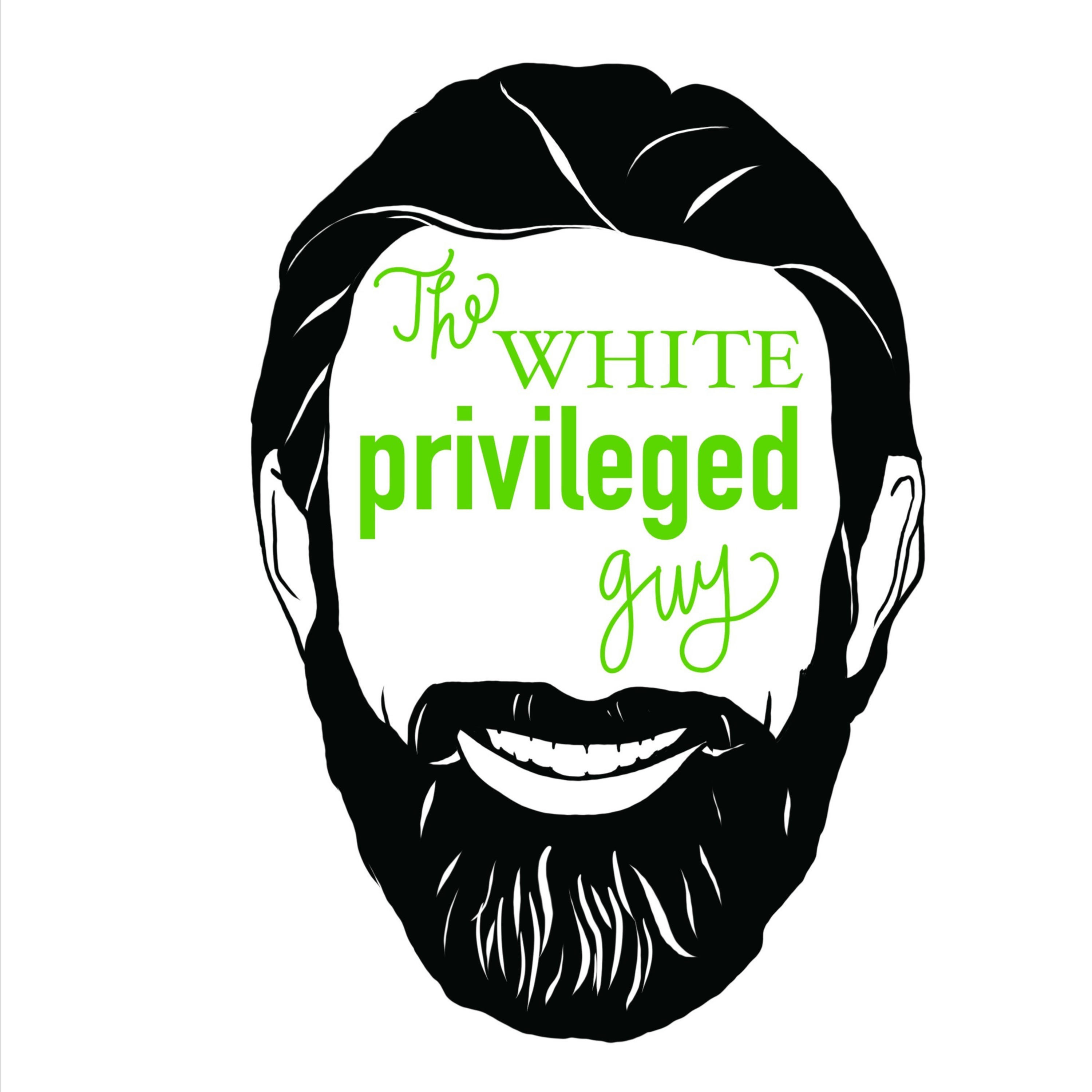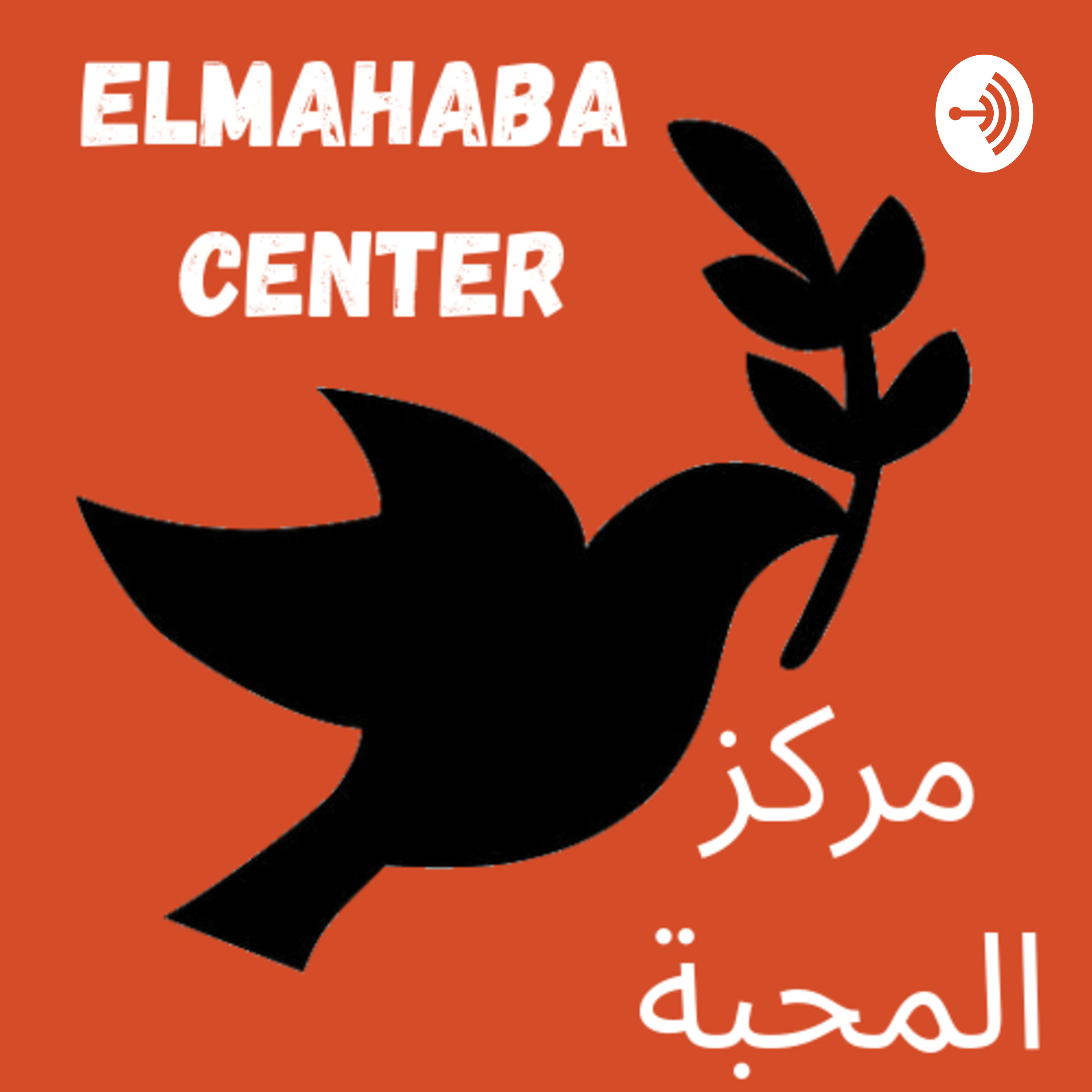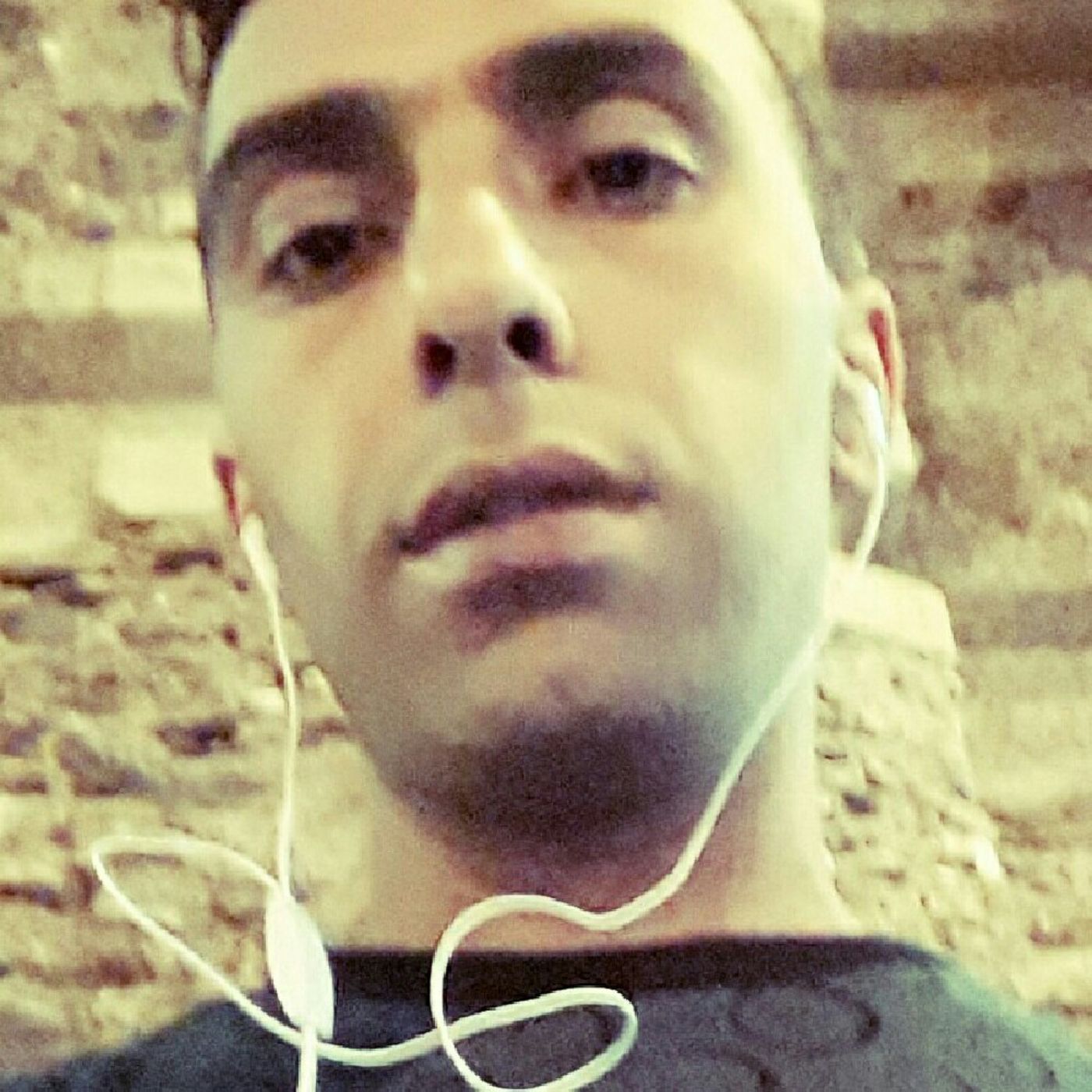Shows

This Is NashvilleWhat's going on at Metro Arts?For people who haven’t been following the story, it’s hard to know where to start if you want to learn more. For people who have been following, it can get complicated, and it’s easy to forget what's really happened. Today, we’re diving into it all headfirst and reviewing the most impactful, dysfunctional (and wildest) moments that led us to where we are today. We’ll hear from key players including commissioners, employees, councilmembers, reporters and concerned citizens that have been following the saga.This episode was produced by Elizabeth Burton.Guests
Char D...
2024-05-2950 min
Deep Dish ConversationsHow to be Anti-racist in the Arts - Metro Arts NashvilleJerome Moore and Metro Arts Executive Director Daniel Phoenix Singh and Lydia Yousief, Director of the Elmahaba Center, as they guide you through actionable steps to foster inclusivity and diversity in the arts. From challenging stereotypes to amplifying marginalized voices, discover strategies for building a more anti-racist artistic community.Watch on YouTube: https://youtu.be/QN_FP-a7oec?si=9wF8J2HCNOG6-9Ax Human Relations Commission on Metro Arts Report: https://www.nashville.gov/sites/default/files/2024-03/Metro-Arts-Title-VI-Report.pdf?ct=1709644528Donate and Support Community Power Building Content: https://dishdishconvos.captivate.fm/su...
2024-03-0826 min
Deep Dish ConversationsHow to be Anti-racist in the Arts - Metro Arts NashvilleJerome Moore and Metro Arts Executive Director Daniel Phoenix Singh and Lydia Yousief, Director of the Elmahaba Center, as they guide you through actionable steps to foster inclusivity and diversity in the arts. From challenging stereotypes to amplifying marginalized voices, discover strategies for building a more anti-racist artistic community.Watch on YouTube: https://youtu.be/QN_FP-a7oec?si=9wF8J2HCNOG6-9Ax Human Relations Commission on Metro Arts Report: https://www.nashville.gov/sites/default/files/2024-03/Metro-Arts-Title-VI-Report.pdf?ct=1709644528Donate and Support Community Power Building Content: https://dishdishconvos.captivate.fm/su...
2024-03-0826 min
This Is NashvilleHow Egyptian Americans in Nashville find communityThousands of Egyptian families have arrived in Nashville since the 1990s, and many of the new arrivals have kept the local service industry afloat, staffing the Gaylord Opryland hotel and other tourist destinations.
As the community continues to plant roots in Nashville, it faces several challenges. There are those many communities face, like displacement due to gentrification, but also unique issues, like the need for an Arabic language option on driving tests, and more communication between a Coptic Christian majority and a Muslim minority. The community is also supporting a new wave of Egyptian asylum seekers that ar...
2023-08-2950 min
The White Privileged GuyWhat does a "pro-immigrant" organization look like?Episode 9 is all about immigration. Lydia Yousief is the leader and founder of the Elmahaba Center in Nashville, TN. The centeris a Coptic-led organization that is inclusive, inter-sectional, and inter-generational, serving all Arabic-speaking immigrants, refugees, and their children and anyone who asks for help in Nashville. Many organizations claim to be pro-immigration but what does that mean? What does true inclusiveness look like with regards to immigration, asylum seekers and refugees? Lydia describes the experience an immigrant might have, the obstacles they face and what the Elmahaba Center is dong to support them.
2022-08-161h 24
This Is NashvilleThe Little Pantry That Could closes while others work to keep serving Middle TennesseeAfter more than a decade in operation, The Little Pantry That Could had its last shopping day on Saturday – leaving a hole in the city. It was more than a free grocery store.
Founder/Director Stacy Downey built a family and provided outreach for housing, identification and medical care, in addition to groceries. Where will that leave folks in North Nashville who depended on the community?
We talk to a representative and a beneficiary of The Little Pantry That Could as well as people who manage other food pantries to learn why these resources are cruc...
2022-03-3044 min
El Mahaba CenterAdvocacy: The Roots of PeaceIn this episode, Lydia talks about the development of inner peace through advocacy and vocalization. She gives the example of June Jordan’s poetry.
2020-12-2826 min
El Mahaba CenterThe Gift of PeaceIn this episode, Lydia discusses the power of peace in several Biblical passages and also in modern attributions and ideas of peace.
2020-12-1335 min
El Mahaba CenterHolistic Care: Non-Profit, Service and Individual StrategiesLydia discusses the importance for each individual to operate in our communities with holistic care as our aim. She defines holistic care, provides examples, and ends with what individuals can do.
2020-11-2940 min
El Mahaba CenterGenerational Trauma/Generational HealingIn this episode, Lydia defines what is generational trauma, what the implications of its importance, practicing an awareness of generational trauma in differing fields, and valuing healing through social justice work and advocacy.
2020-11-1552 min
El Mahaba CenterWhat is Acceptance?Lydia discusses, in this episode, what acceptance could look like. Acceptance/denial are often used as community markers for inclusion/exclusion and freedom/oppression, and so it’s important to check what’s at the heart of our acceptances.
2020-11-0244 min
El Mahaba CenterFreedom and OppressionIn this episode, Lydia discusses how to model and practice an empathetic freedom for others that is far from the oppression we see today.
2020-10-1837 min
El Mahaba CenterGender Roles (2)Lydia discusses women in the Bible who did not replicate gender hierarchies, but rather deconstructed them into something stronger. We read from Luke 10:38-42 about the ultimate Biblical story about deconstructing gender roles.
2020-10-0432 min
El Mahaba CenterBeyond Gender Roles (1)Lydia discusses what gender roles are, their constructions, and the anti-Christian nature of enforcing gender roles on communities.
2020-09-2044 min
El Mahaba CenterA Tribute to Ustaaz Maged GhalyTrigger warning: violence, murder, guns, armed robbery. Lydia discusses the murder of Ustaaz Maged Ghaly, a Coptic storeowner, who was murdered in late August while attending his store. She discusses the details of the case and the social media reactions, while incorporating next steps to healing and stability in Nashville.
2020-09-0642 min
El Mahaba CenterIdentities: the Importance of IntersectionalityLydia discusses why intersectionality brings about solidarity, which is ultimately the work of any service or social justice work. Intersectionality is a word coined by Kimberle Crenshaw in 1989 to describe the nuanced position of Black women in race and gender.
2020-08-1647 min
El Mahaba CenterIdentities: Equity and EqualityLydia discusses how identities, multiple in nature, are channeled through equality (the idea of sameness) and equity (the idea of difference), and she supports her argument for equity with Biblical passages from the New Testament Gospels.
2020-08-0240 min
El Mahaba CenterWhat is the Opposite of Community?Triggering warning: discussion of rape/sexual assault without details Lydia discusses the opposite of community-building being violence, and she begins with a discussion of Sally’s recent bravery in outing a Coptic priest for pedophilia, rape and assault. We discuss Esther, Daniel and Exodus alongside Franz Fanon’s Towards an African Revolution.
2020-07-191h 03
El Mahaba CenterWhat Is Community?On 4th of July, Lydia discusses how our community must be radical in realizing its history, in connecting our affinities, in creating belonging, and in offering contributions to each other.
2020-07-0551 min
El Mahaba Center“You’re Being Political”: An Examination of PoliticsOur last introduction to our series on Social Justice and Christianity, this episode follows the redefining of the term “political” or “politics,” which is often misused to fit Western democracies’ boxes of political participation and to erase our interdependency on each other. We read from 1 Corinthians 12.
2020-06-2144 min
El Mahaba CenterSocial Justice and ChristianityIn this episode, Lydia argues that social justice is an inherent part of Christianity and actually can deepen our understanding of Christianity and what it means to be Christ-like. The two Biblical chapters she refers to are: Isaiah 1 and James chapters 1, 2, and 5.
2020-06-1432 min
El Mahaba CenterWhat is Social Justice Theory?Our hearts are with George Floyd, the protestors, and Black lives. We recognize that these events aren’t incidents, but patterns, and we begin Season 2 with a mindset of action and affirmation. Lydia answers the question: Why is social justice important?
2020-06-0738 min
El Mahaba CenterCOVID-19: How Our Religious Leadership Failed UsLydia discusses the loss of life and sanctity of life in the face of COVID-19 and the push “to be faithful.” She charts how, in two months, the Coptic Orthodox churches in Nashville failed to respond effectively, share resources, be transparent about financial and material resources, and, therefore, hurt the community. She argues that faith should not be and is not blind, so as to control God, but rather faith begs to question, begs to see the glory that is revealed.
2020-05-2441 min
El Mahaba CenterCOVID-19: How Our Governments Failed UsLydia looks into the responses of the federal, state, local and employer responses to the COVID-19 pandemic and why this has led to a crippling outbreak among Copts in Nashville.
2020-05-1031 min
El Mahaba CenterMisunderstood Concepts in Social Justice: Allyship and CommunitiesLydia discusses her time on a panel at Vanderbilt University in which a question of Orthodox responses to social justice was asked. We look at notions of what allyship means based on this question.
2020-04-2627 min
El Mahaba CenterMisunderstood Concepts in Social Justice: What is an Ally?Using the example of Elizabeth Warren, Lydia outlines how NOT to be an ally in order to argue that an ally has to be more than a self-seeking individual. Allyship is an action.
2020-04-1124 min
El Mahaba CenterWhat Happened at Lipscomb Academy: Diversity Politics, White Systems, and The Choice of VoiceLydia discusses a very local story that happened in December and January 2020 at Lipscomb Academy, where Dean Paschall, a Black woman with a PhD, was fired after a multi-millionaire white father and country music singer, John Rich, wrote an email to the Lipscomb administration about her teaching students about white privilege. The response from the Academy and local news sources show how white systems of power, historically and currently in Nashville, construct and deconstruct the power to be diverse, to be represented, to be heard. Lydia concludes that the real loss is the white systems that govern not just the...
2020-03-2942 min
El Mahaba CenterHow Diversity Politics Maintains White SupremacyLydia argues in this episode that, similarly, as representation politics works as a tool for white supremacists (systems and societies) to manufacture identities of color, diversity too works as a tool to include white people in spaces of color and to force people of color into white economies and white politics. She advocates for the change needed to view diversity in different ways than what is dictated to us.
2020-03-1532 min
El Mahaba CenterThe Problem with RepresentationLydia brings up why representation isn’t just a game that liberals play to fashion imaginations of what communities, cultures, and histories seem like, but also a game that conservatives thrive from as it collapses identities and forces the audience of choice to be white (in the United States). Tune in! If you’re interested in becoming a member and supporting our work, visit patreon.com/elmahabacenter
2020-03-0153 min
El Mahaba CenterSisters Discussing: The Banking SystemErinie and Lydia discuss the pitfalls of banking and the circulation of US dollars through the banking system and ways to, first, decolonize our thinking surrounding the US dollar, and secondly, how reparations and solutions can bring a radical change.
2020-02-1632 min
El Mahaba CenterSisters Discussing: Money, Capitalism, and EmpireErinie and Lydia discuss interlaced connections between money, capitalism and empire-making with a particular focus on how they change our views on human value, environmental worth, and labor value.
2020-02-0239 min
El Mahaba CenterSolutions to Internalizing RacismLydia brings three introspective solutions to the table: renewal of the mind, listening/conversing stories, and understanding power/privilege beyond meaning. Internalization, though beginning from the outside, can have internal roots and internal solutions.
2020-01-1937 min
El Mahaba CenterWhat Is Internalized Racism?With a Coptic-Nashville-centric lens, Lydia focuses on defining and identifying internalized racism as an underlying aspect of immigrant communities, how it avoids conversations of race and racism, how it is cruel to our own.
2020-01-0553 min
El Mahaba CenterSisters Discussing: HumanitarianismErinie offers her perspective on humanitarianism, good intent, and the corrupt power of the US dollar. We offer more solutions, but also another mode of thinking: instead of good intent, let’s be aware, conscientious and woke.
2019-12-2233 min
El Mahaba CenterHumanitarianism is ColonialismLydia discusses, with plenty of stories, the ways in which humanitarianism, born out of the colonial era, embodies and sanctifies domination and a savior complex, and, therefore, is a form of colonialism. From the Rwandan genocide to wells in Nicaragua to midwives in Egypt, humanitarianism displaces, ignores, and worsens experiences of life.
2019-12-0856 min
El Mahaba CenterBlack Friday: The New Bread and CircusesLydia discusses capitalism’s prosperity gospel in the United States (from last week) and how that seeps into our mentality surrounding Black Friday and its necessity—and almost its sacredness as an unofficial holiday.
2019-11-2434 min
El Mahaba CenterWhy Colonialism *Looks* GoodLydia looks at the reasons, rhetoric, and legacies that make colonialism look good, focusing on histories of the United States and Egypt, so that, when discussing colonialism, we don’t miss the realities and histories that shape(d) us and our ancestors.
2019-11-1047 min
El Mahaba CenterSisters Discussing: FearLydia and Erinie, sisters, discuss fear—in their lives, as definitions, in history, as women.
2019-10-2737 min
El Mahaba CenterThe Construction and Implementation of FearIn this episode, Lydia discusses the colonial apparatus of white fear and its modern actions of order and imaginary safety.
2019-10-1335 min
El Mahaba CenterLet’s Discuss Capitalism and CommunityIn this episode, we explore, first, the definitions of capitalism, socialism and communion, and then we focus on the determents of capitalism on immigrant/refugee societies, particularly on the Millwood community as it undergoes gentrification. Join another of our directors, Lydia, engage in the conversation our communities of color need.
2019-09-2259 min
El Mahaba CenterSolidarity Forever! An intro to labor organizingRoni here! taking over the podcast to nerd out about all things labor organizing.
2019-09-0827 min
El Mahaba CenterRadical Alternatives to Public Education: the Zapatista ModelIn this episode, we look at the history and philosophy of the Zapatistas in order to understand their radical approach to education. The Zapatistas are a revolutionary group in Chiapas, Mexico, made up mostly of poor, indigenous farmers — and they declared independence from the Mexican government in 1994, after the Mexican president signed the North American Free Trade Agreement (NAFTA). Though the Mexican military continues to intimidate them, the Zapatistas have managed to exercise autonomy (self-governance) by creating their own schools, health clinics, and justice system. Their schools are especially unique in their approach to education. The Zapatistas place a large em...
2019-08-2728 min
El Mahaba Center“What is Wrong with the U.S Public Education System?”In this episode, we investigate the liberal and the radical approach to public education. Liberals see public education as a good, democratic idea, and even as a human right; they believe the issues with education stem from certain school policies (such as funding, teacher training, and school discipline); and they believe that we can solve the issues with public education by convincing our Congress and Board of Education to change these policies. Radicals, however, see public education as indoctrination by default. Even if public schools had the most updated facilities and the latest technology, they would still be institutions of...
2019-08-1025 min
El Mahaba Center“What is Revolution?” July 2019In this episode, we investigate different ways of looking at revolution, particularly the mainstream “idealist” view and the less popular “materialist” view. While both views of revolution are valuable, we conclude that we need a more materialist approach to revolution—and that the revolution begins at home.
2019-07-2210 min 2017-03-1902 min
2017-03-1902 min